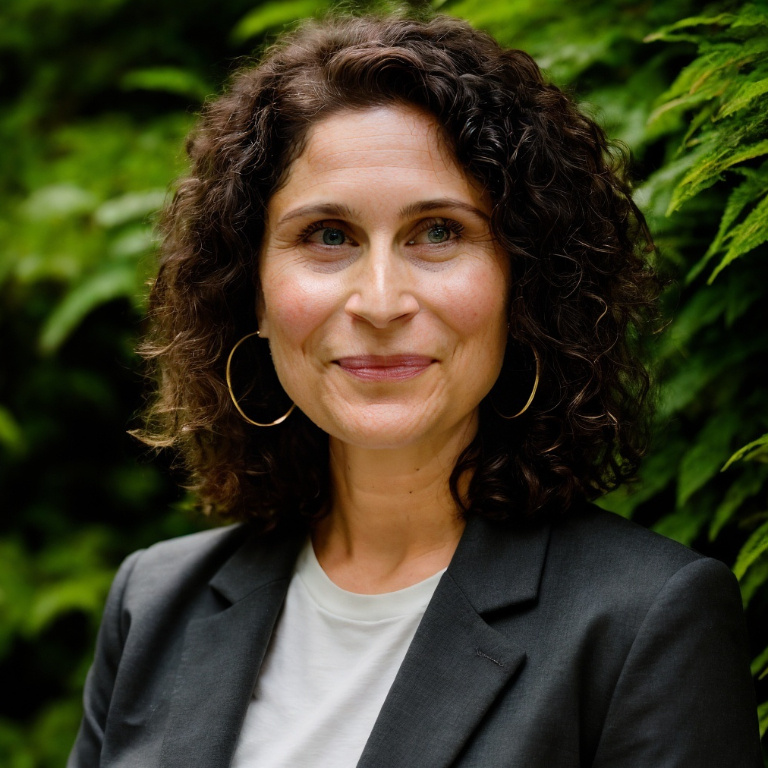- Ph.D., French, Johns Hopkins University, 2009
- B.A., French and Voice, Johns Hopkins University, 2002

Alison Calhoun
Associate Professor, French and Italian
Adjunct Associate Professor, Theatre, Drama and Contemporary Dance

Associate Professor, French and Italian
Adjunct Associate Professor, Theatre, Drama and Contemporary Dance
Professor Calhoun teaches and researches Early Modern French Literature and Drama. She actively publishes in the areas of Montaigne Studies, Theatre History, Opera and Dance History, Affect Studies, and the History of Emotions. Professor Calhoun's first book, Montaigne and the Lives of the Philosophers: Life Writing and Transversality in the Essais, explores the relationship between life writing and philosophy in Michel de Montaigne’s Essais. Her current book project, The Mechanics of the Passions on the French Baroque Stage, studies how the emergence of sentimentality in French baroque drama was influenced by stage technology, specifically machines, automata, and androids.
Technologies of the Passions on the French Baroque Stage
From affective computing, machines that read human emotions, to robots designed to have emotional drives, technology today resonates more than ever with early modern mechanical explanations of the physiology of emotions. In early modern France, mechanical philosophers like Descartes saw the art of machine design as a science that ran parallel to work in human anatomy and physiology, famously explaining human physiology, including the movement of the passions, by breaking the body down into its component parts. Technologies of the Passions explores the unexpected conversation between this early modern mechanical philosophy and the stage designs of architect-engineers for French court productions in theatre, opera, and ballet. The highly experimental work of these scientist-artists, many with mathematical knowledge commensurate with that of more published thinkers in philosophy and medicine, provides a novel and revelatory perspective on the history of the passions and material culture in early modern Europe.
Montaigne and the Lives of the Philosophers: Life Writing and Transversality in the Essais. Newark: University of Delaware Press, 2015.